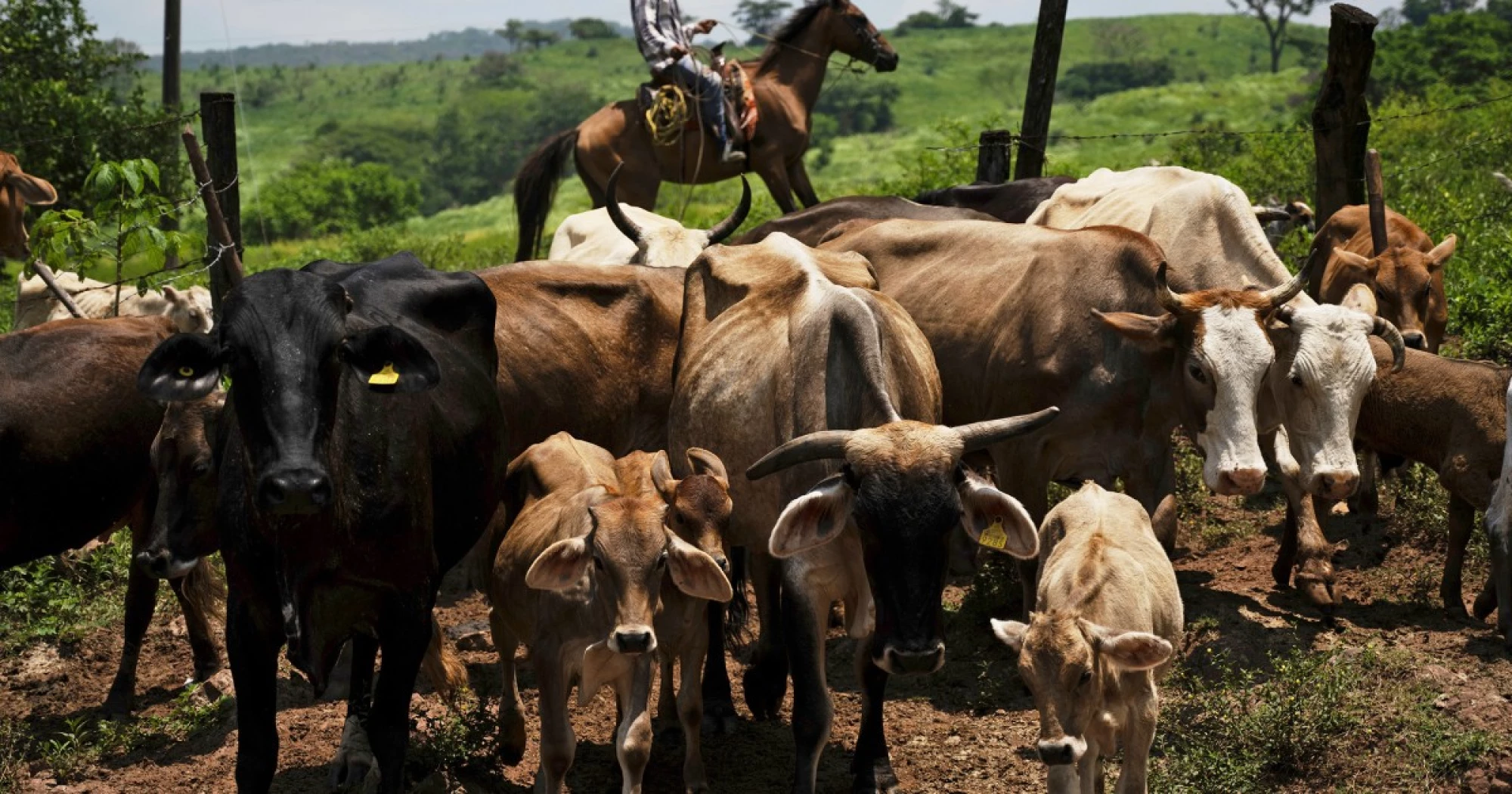Ranchers in southern Mexico are struggling against a flesh-eating parasite infecting livestock

With Mexican cattle again barred this month from entry to the US over fears of spreading a flesh-eating parasite, ranchers and veterinarians in Mexico hundreds of miles from the border are fighting what has U.S. agricultural authorities so on edge.
CINTALAPA, Mexico — With Mexican cattle again barred this month from entry to the United States over fears of spreading a flesh-eating parasite, ranchers and veterinarians in Mexico hundreds of miles from the border are fighting what has U.S. agricultural authorities so on edge.
In the southern state of Chiapas, which borders Guatemala, the New World screwworm fly’s rapid spread appears to have caught most ranchers off guard, despite memories of previous outbreaks in the 1980s and 1990s.
Mexico is building a plant with U.S. support in Chiapas to produce sterile flies, which have proven effective at stopping the spread, but it won’t be ready until next year. Meanwhile, the price of medicines used to treat livestock infected with the screwworm have soared in price.
That has led some to fall back on home remedies like applying gasoline or lime to open wounds to coax out the worms.
In addition to the cost of the medicine, treatment requires careful monitoring and usually involves multiple courses. Any open wound, even very small ones, are an invitation to the fly to lay its eggs.
Rating: 5